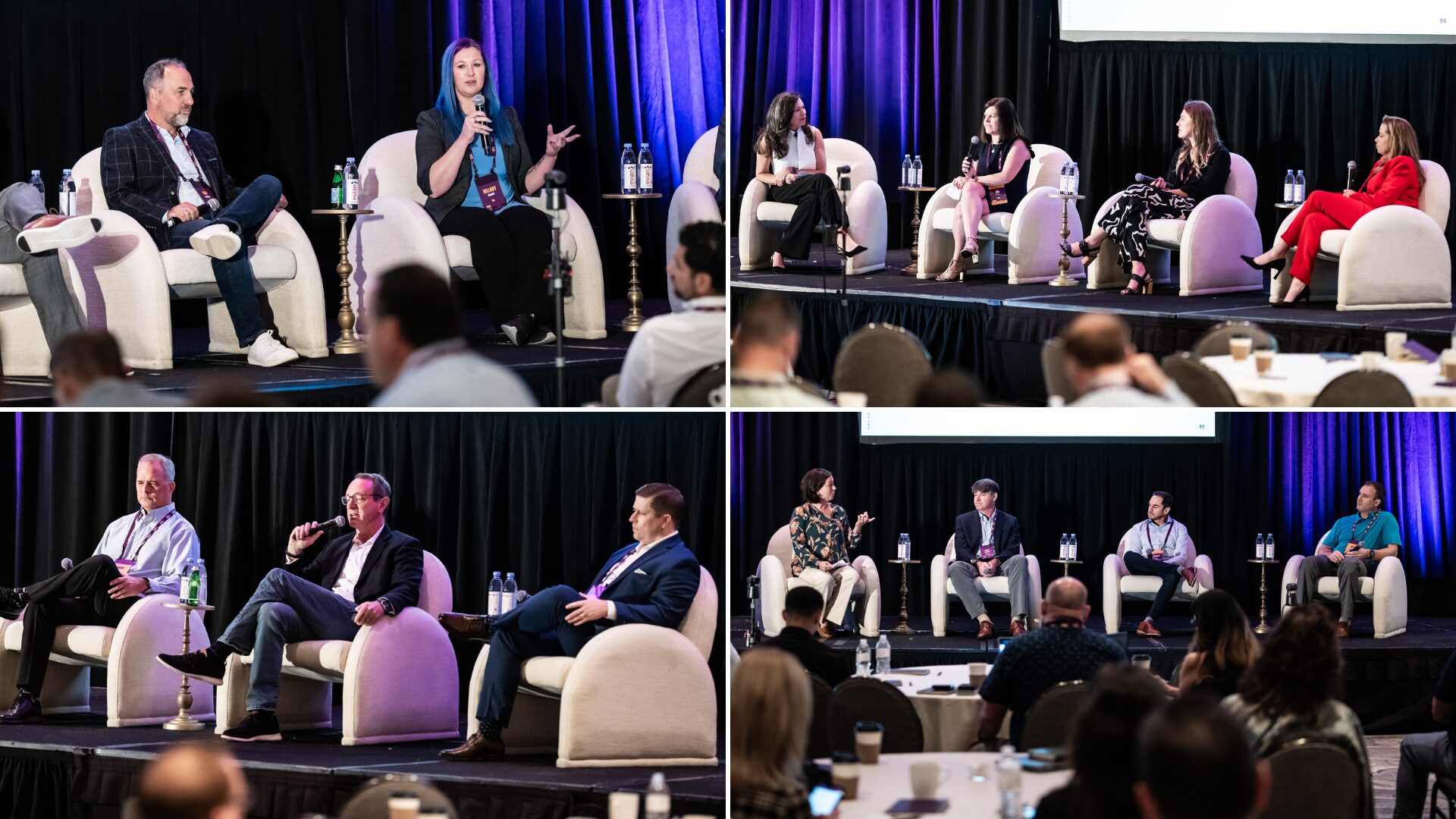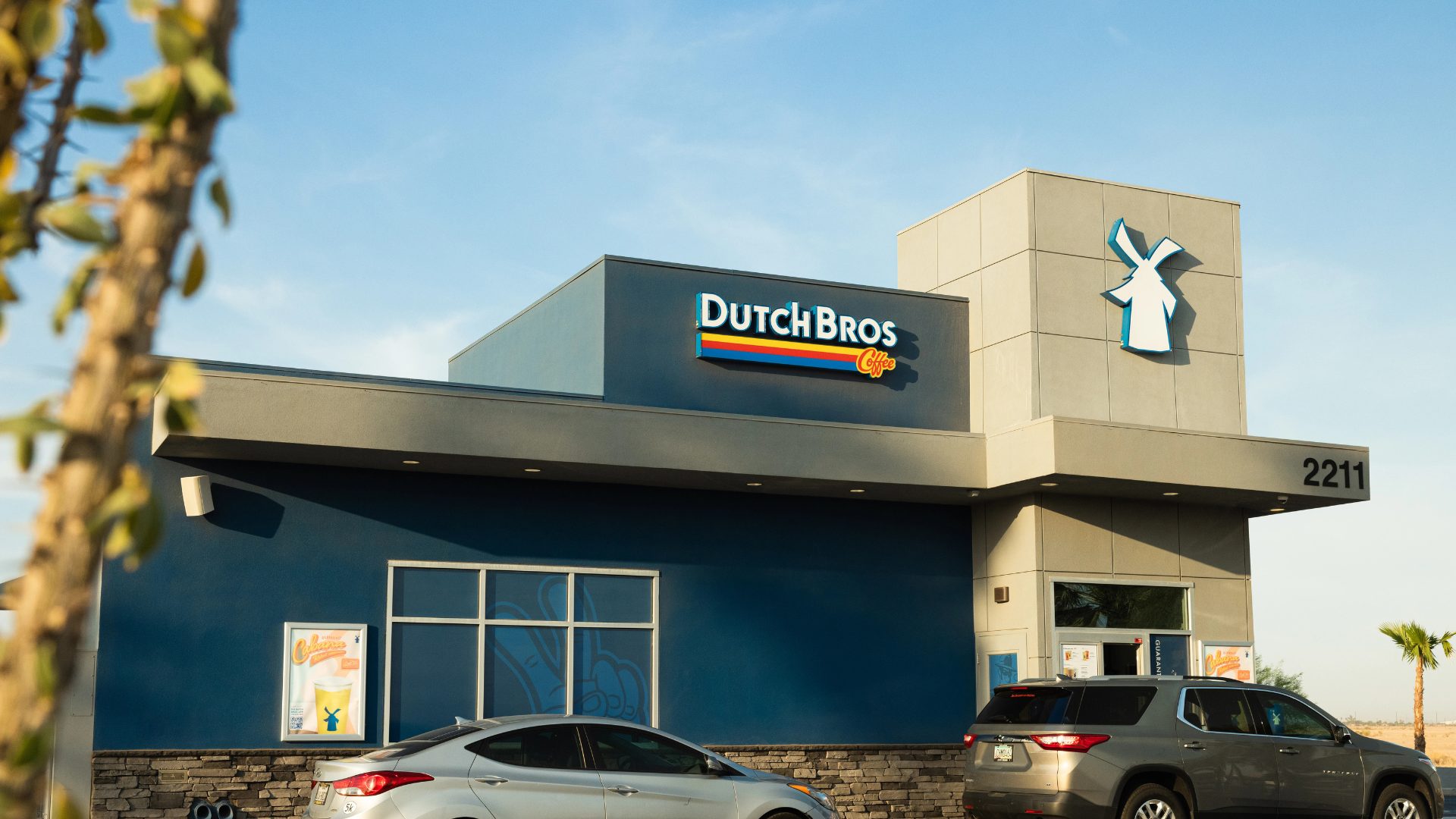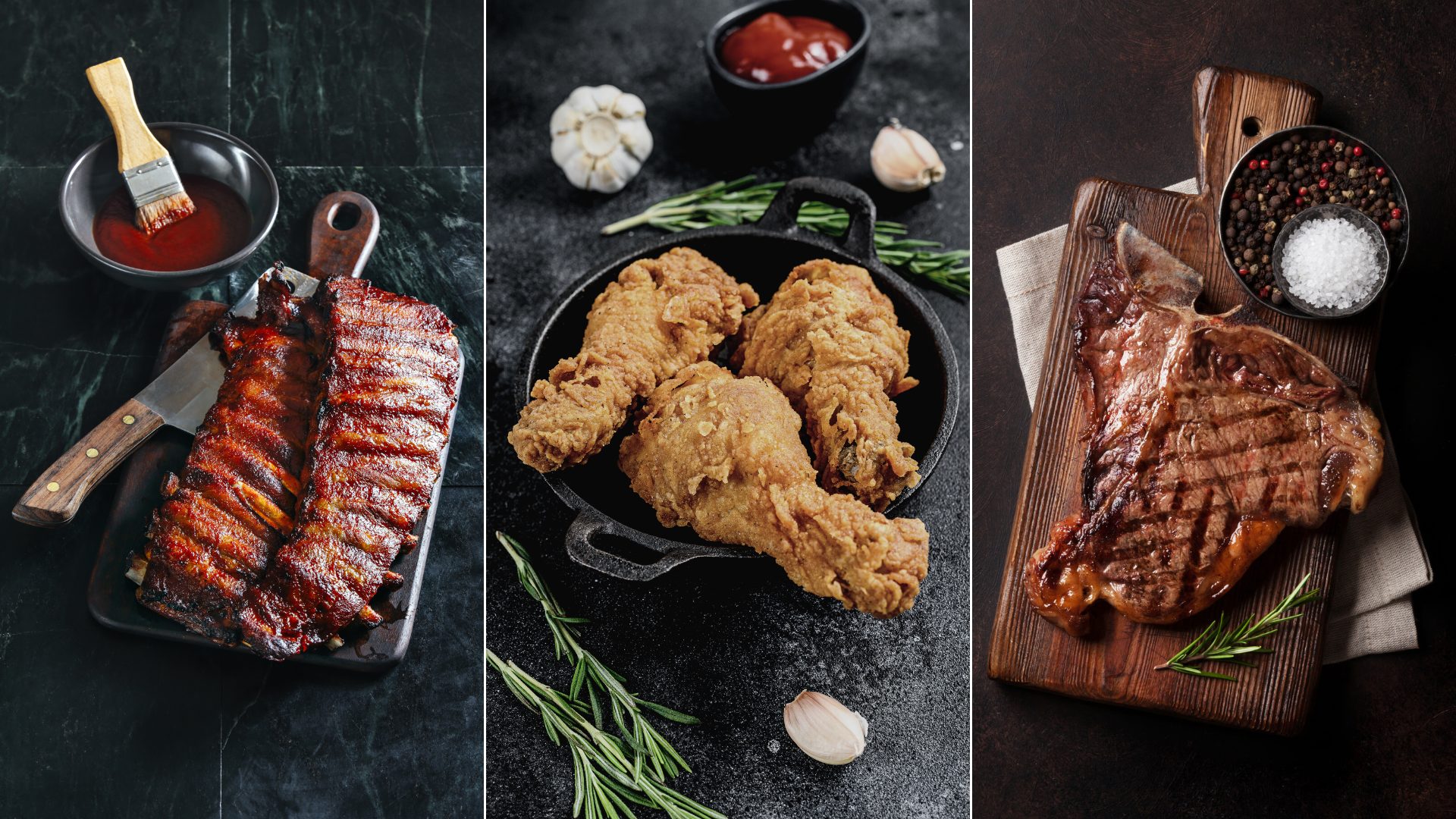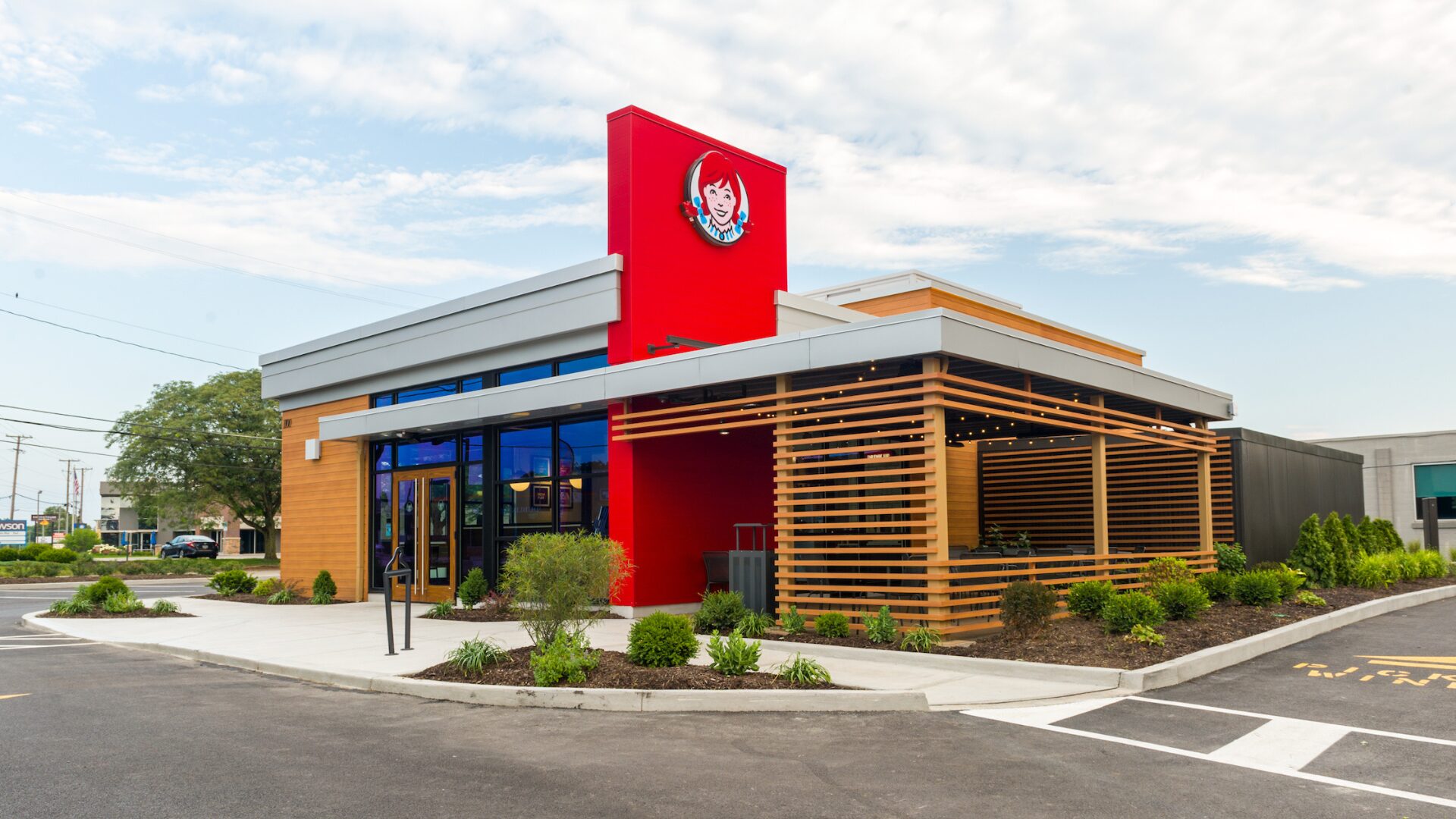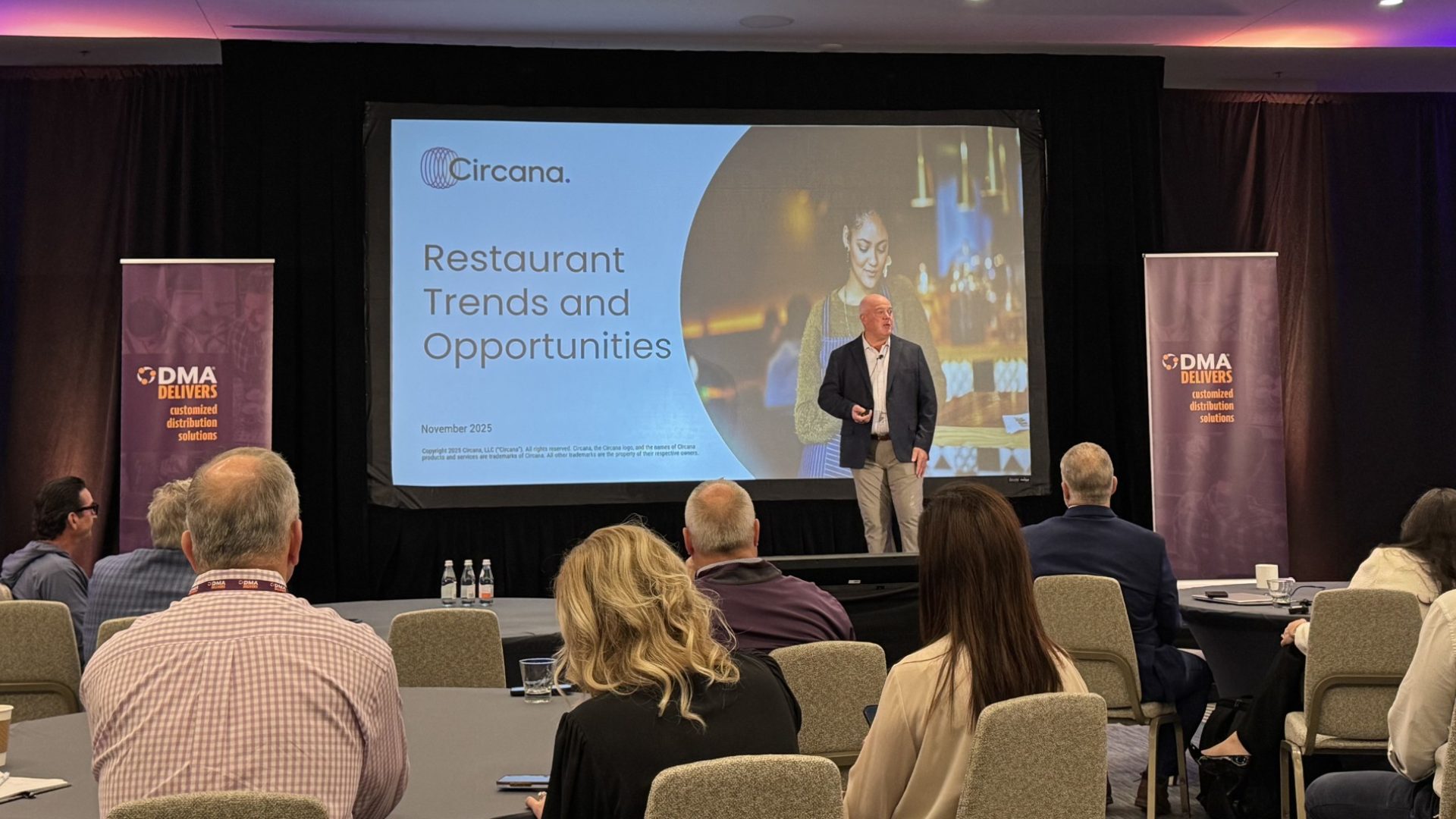NEW ORLEANS – Embracing innovation, cultivating culture, and focusing on collaboration along the supply chain were key themes on display at the DMA Annual Conference.
Hosted by Distribution Market Advantage (DMA), this year’s iteration of the event was dubbed the Bayou Bash and hosted at The Roosevelt Hotel in New Orleans. The conference featured a wide variety of industry experts opining on the state of the consumer, the economy, and the foodservice distribution industry.
State of the Restaurant Consumer in the U.S.
Circana’s David Portalatin shared insights into restaurant consumer behavior in 2024, finding that they were still in cut-back mode but also driven to purchase small treats and rewards. He highlighted how consumers were moving more of their spending to beverages for not just a quick treat, but also hydration, protein, and energy.
Portalatin shared data showing that consumers were largely gravitating towards brands with stronger social media presences and engagement. He also noted that foodservice operators were competing on new metrics as many consumers have adopted new habits amid inflationary pressures.
“You cannot compete with a consumer’s pantry on price. You must differentiate based on some other component of the value equation,” he explained.
Portalatin said that, despite a 2% decline in total traffic during 2024, Circana was optimistic that foodservice traffic would increase approximately 1% in 2025.
Getting Prepared for FSMA 204
Katy Jones, CEO of Trustwell, served as moderator for a panel focusing on the imminent arrival of FSMA 204. She was joined by Andy Hamilton, CEO of Markon, and Jeremy Lyle, senior vice president of supply chain at Cooper’s Hawk Winery & Restaurants, as they discussed their strategies in contending with the upcoming FSMA 204 regulation.
Interoperability was a major theme of the talk, with all the stakeholders explaining how important it would be to share clean and correct data as they met the new standards that will be required under the new rules.
“We have to take technology from other businesses that they’re using, bring them over to these areas, cross-share data, and leverage our resources to their capacity,” said Jared Keefer, senior director of operational excellence at Shamrock Foods, who also spoke as part of the panel.
Habits of High Growth Chains
Culture was a common theme in a panel discussion regarding habits of high growth chains, moderated by DMA President and CEO Angela Korompilas.
Rachel LaHorgue, vice president of supply chain with Dutch Bros, noted how many of those in leadership positions within the company had started as baristas or at the store level.
Nicole Mouskondis, co-CEO and board member of Nicholas and Company, noted that establishing a company culture also required upkeep; it wasn’t a one-time project.
“I’m the first person to say that we are always a work in progress,” she said, explaining how her company continues to strive to improve the culture.
Picking Future Winners in Foodservice
Jonathan Maze, Restaurant Business Editor in Chief, hosted a panel discussion on best practices for picking future winners in foodservice, and noted that it was often difficult to project future success based on current conditions.
David Henkes, Senior Principal of Technomic, expounded on the idea by sharing sales, location, and average unit volume data for Chipotle Mexican Grill and Baja Fresh. In 2002, the companies were comparable on all three metrics; by 2024, Chipotle had established a sizeable lead in all three categories.
Joshua Long, managing director at Ontology Capital Partners, noted that culture was often the differentiator when trying to find future winners.
“There is a strong strategy and culture focus that’s totally going to help,” he said.
Technology Transformation
Technology was also becoming more and more important. In a session moderated by Placer.ai’s RJ Hottovy, Tazikis’ CEO Dan Simpson shared that about 35% of orders were dine-in during the post-pandemic era; beforehand, those orders accounted for about 80% of the total.
“I think it’s been a time to play offense,” Simpson said. “Remember your interaction by knowing your customers and responding.”
Regarding third-party delivery, Linked Eats head of enterprise growth Ian O’Neil noted the similarities between the food industry today and the air travel market years ago. Even though Expedia and other aggregators became a new option, many still book directly with airlines.
In the same way, operators should enter as many channels as possible, including first- and third-party delivery, to mee their consumers where they were at, he argued.
Hillary Holmes, senior manager of partnerships for Olo, noted more and more brands were choosing and pushing for direct ordering with a goal of acquiring consumer data and also lowering the cost acquisition.
If You Don’t Change Your View on the Market, You Will Be Left Behind
“Do you want to disrupt yourselves, or do you want to be disrupted?”
Keynote speaker Kerry Siggins, author of The Ownership Mindset and CEO of StoneAge, asked this question of the crowd before sharing her insights into revolutionizing her industry. Siggins also expounded upon the need for nimble and agile leadership in the current day to contend with innovation and disruption.
Siggins argued that owning how you show up could have a profound impact on employees, peers, and customers. She also noted the importance of determining how to best innovate; she then shared a quote from the founder of her company.
A New Vision for DMA in 2025 and Beyond
Angela Korompilas took the stage alongside SVP John Willard and CFO Angie Drake to unveil DMA”s new strategic vision for the remainder of 2024 and 2025.
After surveying customers and employees, the trio noted DMA would focus on continuous training, data integration, and platform development. Specific metrics highlighted during the presentation included the establishment of continuous training protocols, re-evaluation of roles, and enhanced data integration efforts.
The Food Institute Podcast
Restaurant results for the second quarter weren’t stellar, but people still need to eat. Are they turning to their refrigerators, or are restaurants still on the menu for consumers? Circana Senior Vice President David Portalatin joined The Food Institute Podcast to discuss the makeup of the current restaurant customer amid a rising trend of home-centricity.


